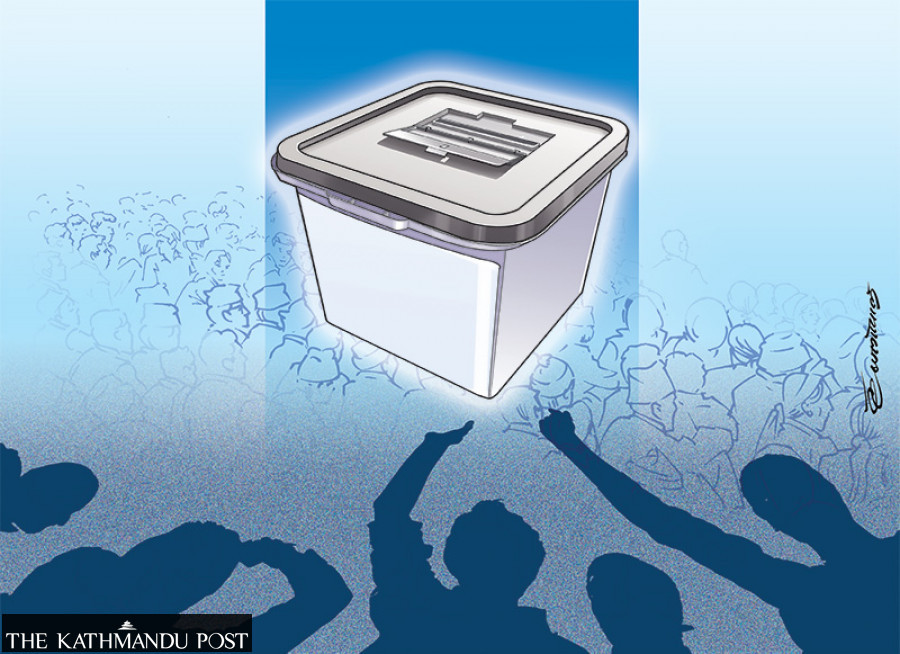Editorial
None of the above
Citizens should get to show they prefer a non-existent entity to a politician that betrays them.
If universal adult franchise allows citizens to choose who they want to be governed by, it should also provide them with an option to show that they would rather not choose anyone from among the candidates that are presented to them. As individuals with the agency to decide what is good for them, they deserve an option to express their disenchantment with the way political parties and politicians function. The Supreme Court considered this factor when, in 2014, it passed a ruling in favour of voters who would want to reject all the candidates if they did not want to vote for anyone. The top court had asked the government and the Election Commission to ensure a negative voting provision for voters who felt that the candidates in the fray did not represent them. The idea was that, rather than meekly choose from whatever options they are provided with, the voters get to exercise a certain amount of agency as they get to show that they would rather vote for a non-existent entity than a politician that betrays them time and again.
However, due to the absence of a law to that effect, voters are likely to be deprived of their right to exercise their agency in the upcoming elections. Despite the Election Commission's preparing a bill to clear the legal hurdles, Parliament failed to enact a law. As the Post reported on Thursday, it is the political parties that are not so keen on implementing the court ruling, as if the provision of allowing voters to choose "none of the above", or NOTA, would show the political parties and their candidates in a bad light. This explains how political actors in contemporary Nepal manipulate the system just to ensure that they do not lose popular legitimacy.
At the heart of the anxiety of the parties and their leaders is the fact that for almost the entirety of the duration between two elections, they keep aside the concerns of the people even as they use every rule in the book of deceit and power brokerage. And it is only when the elections come near that they come back to their senses, fearing that they might be reminded of the promises they made during the last elections and how they had broken them. Political parties and politicians cannot expect to keep going rogue without being challenged. If participatory democracy is what leads them to higher echelons of power, they must be ready to respond to the concerns of the people who elect them.
In a country that has for long seen people become disenchanted with their leaders, it is very much possible for NOTA to lead the electoral race. As a non-human entity, NOTA may not get legal legitimacy, but its potential to disrupt the political discourse is very much a possibility. The NOTA provision provides voters with localised and effective means to express their disenchantment not only with the candidates in the fray, but also with the very way in which political parties function. While it gives voters a chance to express their political consciousness, it also shows political parties and politicians for what they really are and what they mean to the voters. There is nothing that should inhibit political parties from institutionalising this provision, as their very function is to bolster participatory democracy.




 13.12°C Kathmandu
13.12°C Kathmandu














